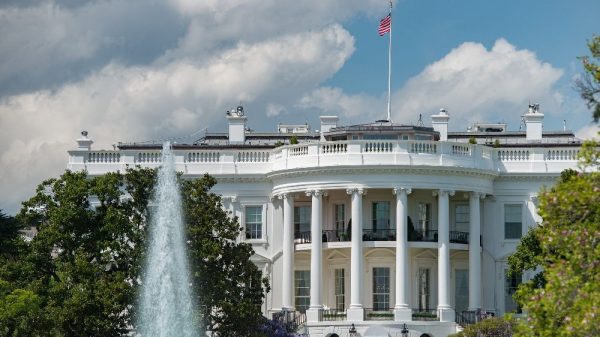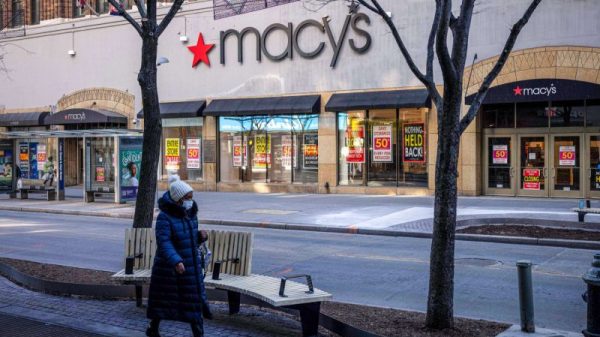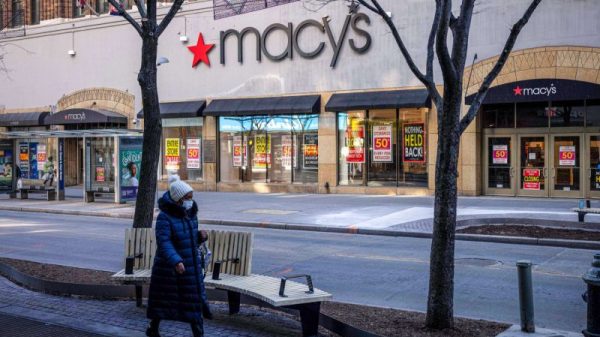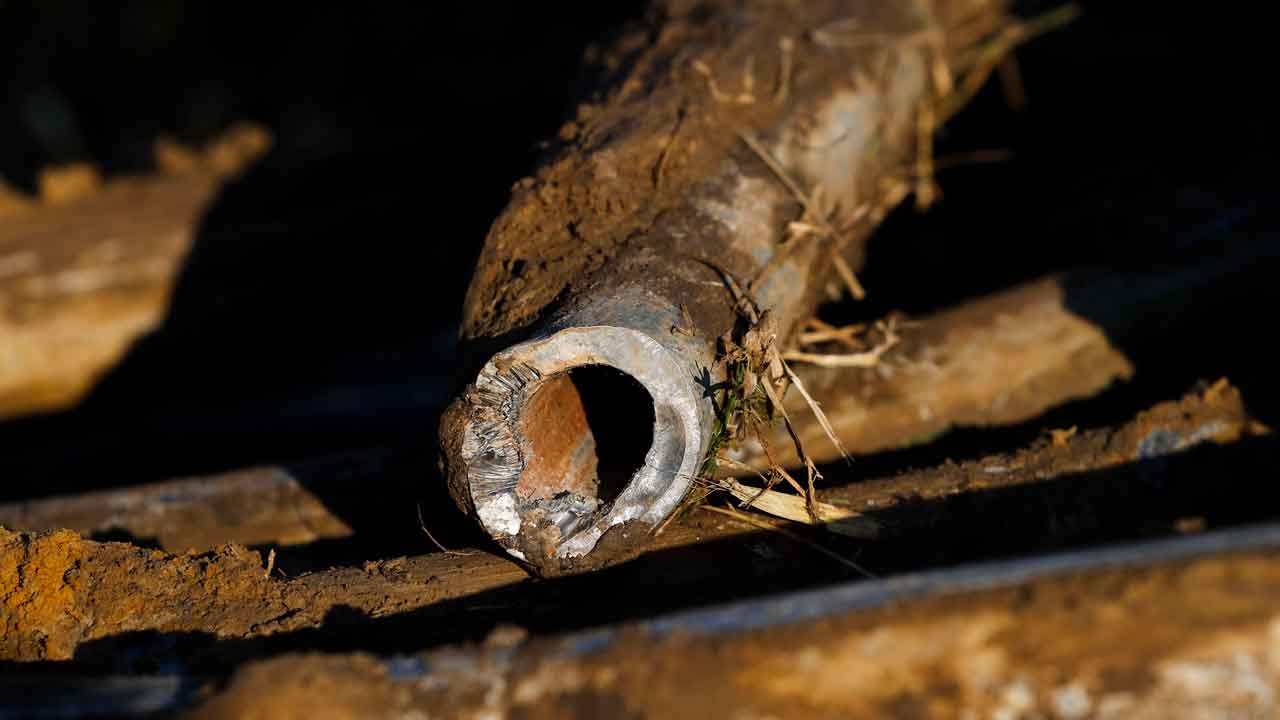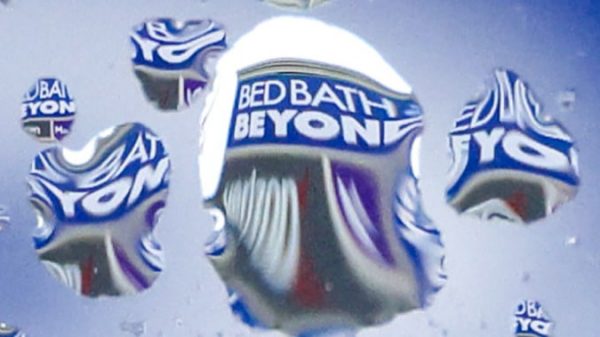A bill that would require the replacement of lead pipes across Rhode Island was approved by the state’s House of Representatives.
.The bill would require Rhode Island water suppliers to create a service line inventory no later than October 16, 2024, to determine where the lead contamination is taking place.
Rhode Island Gov. Dan McKee will now decide whether the bill becomes law.
A bill that would require the replacement of lead pipes across Rhode Island over the next decade has been approved by state lawmakers.
The bill that passed the House on Thursday would create a lead water supply replacement program for both public and private service lines, with a requirement that all affected lines be replaced within 10 years. The Senate previously approved the bill.
Under the bill, financial assistance for lead pipe replacement would be provided through the Rhode Island Infrastructure Bank, including no-cost options for property owners. To help develop the state’s workforce, the legislation would set requirements for water suppliers and contractors to participate in apprenticeship programs.
The bill would require water suppliers to create a service line inventory no later than Oct. 16, 2024, to determine the existence or absence of lead within each water connection in its service area.
It would also establish new notification and reporting requirements for suppliers to ensure transparency in the identification and replacement of service lines containing lead.
The bill would also require a lead risk assessment be conducted for any home built before 2011 as part of any transaction involving the property. Currently, those assessments are required only for homes built prior to 1978.
‘No family should have to worry that their home’s water supply may be poisoning their children,’ Democratic Senate President Dominick Ruggerio said after the Senate approved the bill.
‘This legislation will provide new urgency, and much-needed additional resources, to this effort, helping us protect our children’s well-being and the health of all Rhode Islanders,’ he added.
The bill now heads to Gov. Dan McKee’s desk.
About 9.2 million lead pipes carry water into homes across the U.S., according to an Environmental Protection Agency survey that will dictate how billions of dollars to find and replace those pipes are spent.
The survey will be used to steer billions of dollars from the Bipartisan Infrastructure Law to water infrastructure upgrades in states that need it most. Previously, a state’s share of lead pipe funds was based on its general infrastructure need and didn’t consider how many lead pipes the state had.
The General Assembly has also approved a package of three bills aimed at reducing childhood exposure to lead poisoning by making sure landlords comply with lead-safety laws.
Lead can cause brain damage, and the EPA says no amount is safe for children’s bodies.
One of the bills would create a statewide rental registry where landlords who own non-exempt buildings built before 1978 would be required to file certificates already required by law showing that they had conformed to lead safety laws.
The second would let tenants pay their rent into an escrow account when there are unaddressed lead hazards in their homes. Tenants would have to remain current on their rent payments, but landlords wouldn’t be able to access the funds until they resolved the lead hazards.
A third bill would let families affected by childhood lead poisoning recover up to three times their actual damages if their landlord is found to have violated lead safety laws.
‘For more than 20 years, Rhode Island has had strong lead poisoning prevention laws on the books, and with the passage of these bills today, we will finally have the tools we need to enforce compliance with these laws,’ said Attorney General Peter Neronha, who pushed for the measures.
<!–>
–>



